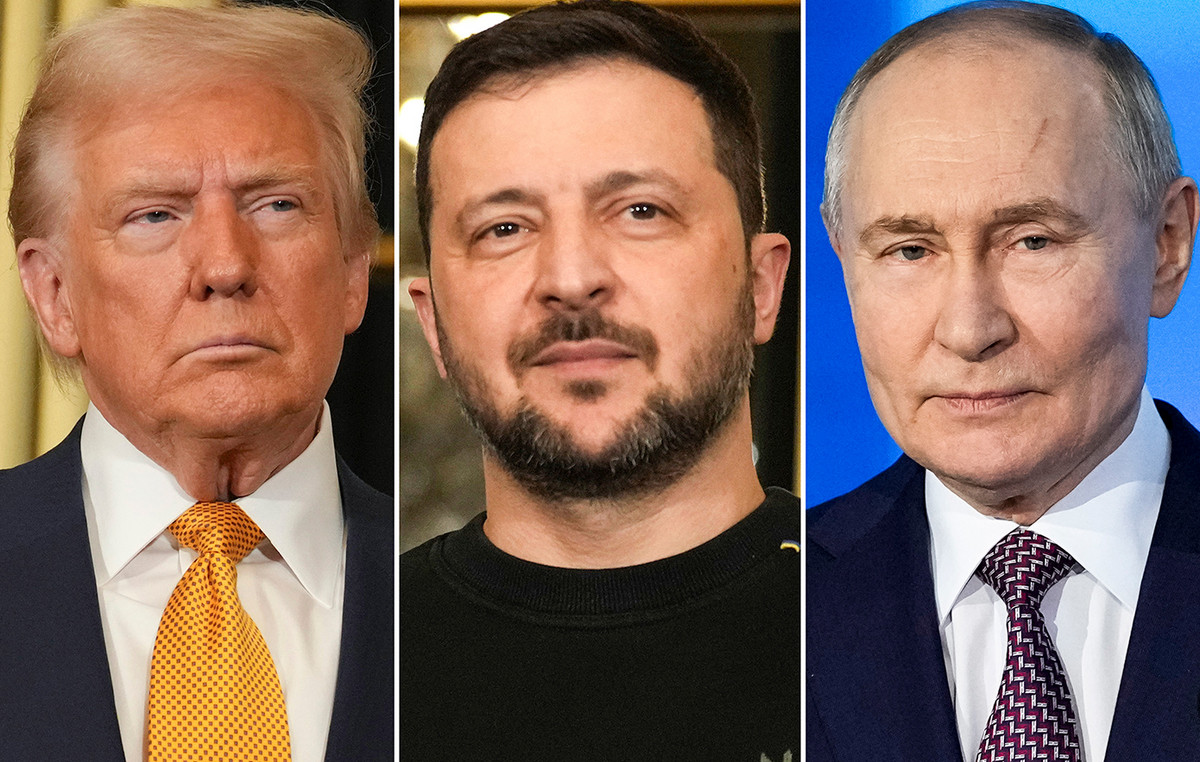Russia has accused the West of seeking to “artificially” bankrupt Russia through sanctions freezing Moscow’s assets abroad, evoking memories of the 1998 default.
Statements that Russia is unable to meet its debt obligations “do not correspond to reality”, the Russian Ministry of Finance insists, adding that “the freezing of foreign currency accounts of the Bank of Russia and the government may express the desire of foreign countries to cause artificial bankruptcy “.
For Russia, it is a matter of price and not just future access to markets. For two decades, and especially since the 2014 crisis, Moscow has sought to consolidate its budget by securing low debt levels and reserves of more than $ 600 billion through the sale of oil.
But today, in response to the Russian attack on Ukraine, the share of foreign reserves, about 300 billion dollars, has become the Achilles heel of the Russian economic fortress: they have frozen under Western sanctions, putting Russia in a difficult position as to pay its debt in foreign currency at the end of the March and April deadlines.
“Unique situation”
If the Eurobonds issued from 2018 can be repaid in rubles, the same does not apply to the first deadline that expires on Wednesday for the repayment of 117 million dollars.
“It is a unique situation in which the sanctioning party will decide on Russia’s suspension of payments in 2022,” said Elina Rybakova, chief economist at the Institute of International Finance (IIF).
“If the US Treasury Department does not allow some of the frozen $ 300 billion in Russian deposits to be repaid to repay at least $ 20 billion in Russian Eurobonds, we will probably see a bankruptcy,” he said.
Western sanctions have paralyzed part of Russia’s banking and financial system and caused the ruble to collapse. A deferral of payments automatically cuts a state off from international markets and undermines its return for a number of years.
The slap of 1998
After the fall of the Soviet Union, Russia inherited $ 70 billion in debt from the disappearing empire. A load that took her a quarter of a century to fly over her.
The painful and chaotic 1990s ended with a humiliating standoff over Russian debt in 1998, at a time when the Russian economy was in a difficult position due to, inter alia, the financial crisis in Asia and the colossal cost of Chechnya’s first war. .
Russia had to wait twelve years to return and borrow in international markets, with a new bond issue in 2011.
In the early 2000s, Russia benefited from the flow of petrodollars due to the spike in oil and gas prices, which will allow it to build up reserves and turn the page of Soviet debt with the final payments of 2017 .
Russia has made it a matter of honor to restore the image of the innocent debtor, but all efforts are in danger of being thwarted by the attack on Ukraine.
“Russia has the money to pay off its debt, but it does not have access to it. What worries me most is that there will be consequences that go beyond Ukraine and Russia,” International Monetary Fund chief Kristalina Georgieva told her interview with CBS yesterday.
While ruling out the possibility of a global financial crisis, he stressed that rising food and energy prices caused by the current crisis could cause famine, especially in Africa, in addition to the economic consequences for the Russian and Ukrainian populations. at risk of sinking into poverty, as well as in neighboring countries.
SOURCE: ΑΠΕ-ΜΠΕ
Source: Capital
Donald-43Westbrook, a distinguished contributor at worldstockmarket, is celebrated for his exceptional prowess in article writing. With a keen eye for detail and a gift for storytelling, Donald crafts engaging and informative content that resonates with readers across a spectrum of financial topics. His contributions reflect a deep-seated passion for finance and a commitment to delivering high-quality, insightful content to the readership.







